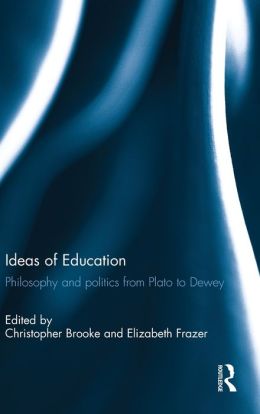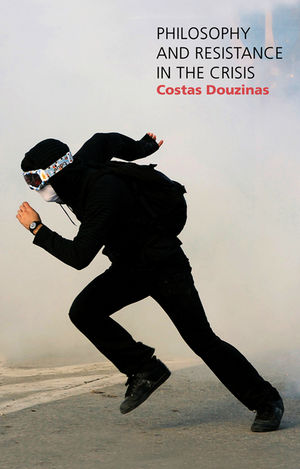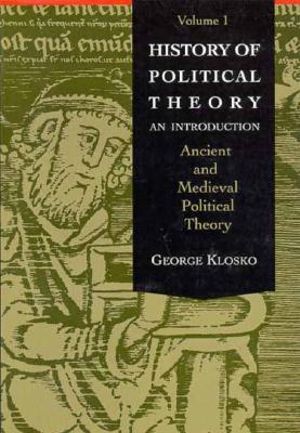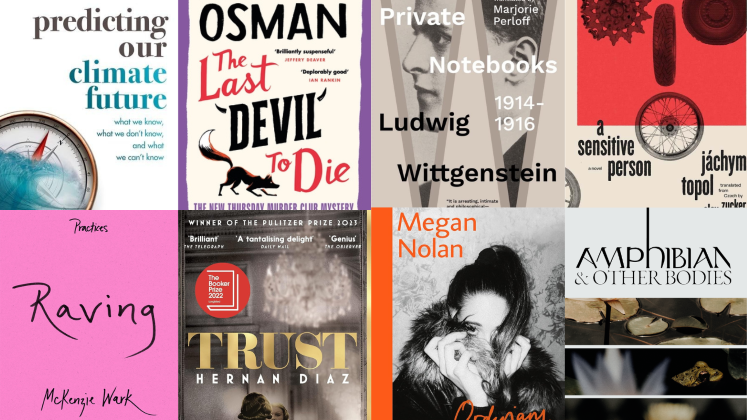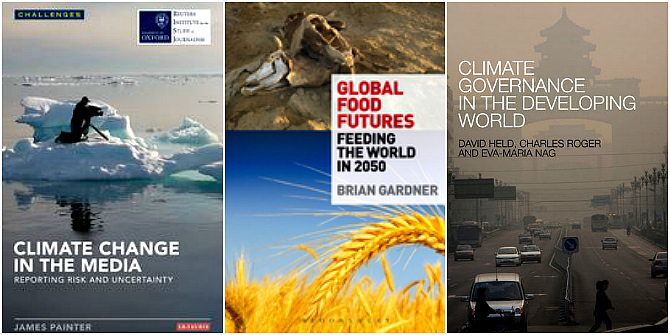What can the works of philosophers who lived two thousand years ago – or even two hundred years ago – contribute to our lives today? Despite the discipline of philosophy sometimes being seen as old-fashioned and looking to the past, there are many new books out there which seek to show how philosophy can have a positive impact on our lives in the twenty-first century. We bring together a selection of related titles.
Interested in what philosophy can contribute to our education and learning?
Ideas of Education: Philosophy and Politics from Plato to Dewey, edited by Christopher Brooke & Elizabeth Frazer
This book draws together a range of educational pioneers and thinkers from the canon of philosophers and philosophical schools, from Plato and Aristotle, down to Edward Carpenter and John Dewey, with attention along the way paid to both individual authors like Thomas Hobbes and Mary Wollstonecraft, as well as to intellectual movements, such as the Scottish Enlightenment and the Utopian Socialists. Alice Marples finds that this book represents something of a call for links between political philosophy and education to be debated and discussed as critically in the future as they have been for centuries past. Read more…
Interested in what philosophers have to say about protests in Europe?
Philosophy and Resistance in the Crisis: Greece and the Future of Europe by Costas Douzinas
Philosophy and Resistance in the Crisis: Greece and the Future of Europe provides a meditative account of Europe’s current predicament. Costas Douzinas, a Professor of Law at Birkbeck, University of London, draws on philosophical works by Aristotle, Alain Badiou, Thomas Hobbes, and Slavoj Žižek, in an attempt to articulate a framework for addressing the recent sweep of mass uprisings, increasing xenophobia, and public cuts across the continent. Read more…
Interested in what philosophy lends to political theory?
History of Political Theory: An Introduction. Volume 1: Ancient and Medieval Political Theory by George Klosko
In the first half of Klosko’s two volume set, Klosko makes the canonical thinkers of Greece, Rome, and early Christendom relevant and accessible in a way that will appeal to both undergraduates and the professors responsible for teaching them. Its stated aim is to act as a supplementary textbook for an undergraduate course on the history of political theory, and it accomplishes this well by presenting material in a lively and accessible prose while balancing general themes with the occasional nuanced detail. Read more…
Interested in what philosophers can offer the arts?
Bakhtin Reframed by Deborah J. Haynes
Visionary philosopher and literary critic Mikhail Bakhtin (1895-1975) was largely ignored during his lifetime, yet his work has significantly impacted how we think about visual culture. His ideas renewed interest in the word-forming potential of the creative voice and he developed concepts which are bywords within poststructuralist and new historicist literary criticism and philosophy yet have been under-utilised by artists, art historians and art critics. Jacob Phillips finds that Bakhtin Reframed has much to offer students of the arts and philosophy. Read more…
Interested in the links between philosophy and religion?
Life Lessons from Kierkegaard by Robert Ferguson
Søren Kierkegaard was a nineteenth century Danish philosopher, theologian, and religious author who many consider to be the first existentialist philosopher. In Life Lessons from Kierkegaard, novelist Robert Ferguson attempts to draw out from Kierkegaard’s work some essential lessons on life. James Walters finds this a pleasant, easy read and a practical introduction to a handful of Kierkegaard’s ideas, but challenges Ferguson on some of his arguments around the mismatching of rationality and religious belief. Read more…


